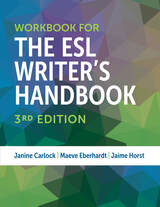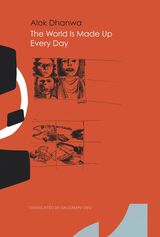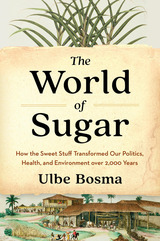
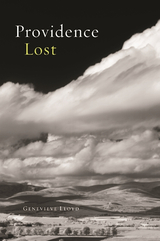
To the ancient Greeks, providence was the inherent purpose and rational structure of the world. In Christian thought, it became a benign will “providing” for human well-being. And in our own ever more secular times—is providence lost? Perhaps, but as Genevieve Lloyd makes clear in this illuminating work, providence still exerts a powerful influence on our thought and in our lives; and understanding how can help us clarify the functioning—or, increasingly, disfunctioning—of concepts of freedom and autonomy that define our modernity. Such an understanding is precisely the goal of this book, which traces a succession of transformations in the concept of providence through the history of Western philosophy.
Beginning with early versions of providence in ancient Greek thought, Lloyd follows the concept through its convergence with Christian ideas, to its role in seventeenth-century philosophical accommodations of freedom and necessity. Finally, she shows how providence was subsumed into the eighteenth-century ideas of progress that eventually rendered it philosophically superfluous. Incorporating rich discussions of thinkers from Euripides to Augustine, Descartes and Spinoza to Kant and Hegel, her lucid and elegantly written work clearly and forcefully brings the history of ideas to bear on our present confusion over notions of autonomy, risk, and responsibility. Exploring the interplay among philosophy, religion, and literature, and among intellect, imagination, and emotion in philosophical thought, this book allows intellectual historians and general readers alike to grasp what it actually means that providence can be lost but not escaped.
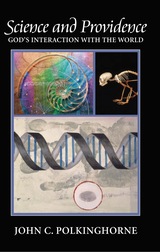
Internationally renowned priest-scientist Dr. John C. Polkinghorne examines whether a personal, interacting God is a credible concept in today's scientific age. Encouraging the belief that there is a compatibility between the insights of science and the insights of religion, this book, previously published in the United Kingdom, focuses on the viewpoint that the world is one in which both human beings and God have the freedom to act.
A modern understanding of the physical world is applied to questions of prayer and providence, such as: Do miracles happen? Can prayer change anything? Why does evil exist? Why does God allow suffering? Why does God need us to ask him?
God's involvement in time is considered, from both a temporal and an eternal perspective. The roles of incarnation and sacrament are discussed in terms of whether or not they have a credible place in today's worldview. And the Final Anthropic Principle (FAP) is presented, with its attempt at a physical eschatology, showing it to be an inadequate basis for hope. Real hope can reside only with God, Polkinghorne concludes.
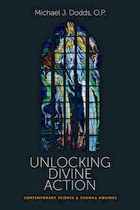
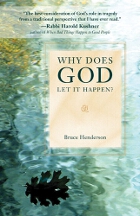
In the wake of life-changing events—whether as global in reach as the terrorist attacks on September 11 or as personal as the death of a child—the first question that springs to mind is “Why?” Why do good people suffer pain and loss? Why does God allow these things to happen?
In this simple, straightforward book, Bruce Henderson tackles some of the most difficult questions that people of faith face in their lives. Drawing from the wisdom of visionary Emanuel Swedenborg, who wrestled with these same questions more than two hundred years ago, Henderson describes a universe in which God allows us free will and choice, subtly guiding the course of our lives with an insight no mortal can comprehend. Pain and suffering ultimately lead to good, and as we walk the path, we draw ever closer to heaven.
In the end, the question is not why these things happen, but what good can come of them, and how we can use our gift of free will to create a better world for ourselves and others. In this, Henderson says, God is our partner and guiding hand, turning pain to hope and trust.
READERS
Browse our collection.
PUBLISHERS
See BiblioVault's publisher services.
STUDENT SERVICES
Files for college accessibility offices.
UChicago Accessibility Resources
home | accessibility | search | about | contact us
BiblioVault ® 2001 - 2025
The University of Chicago Press




